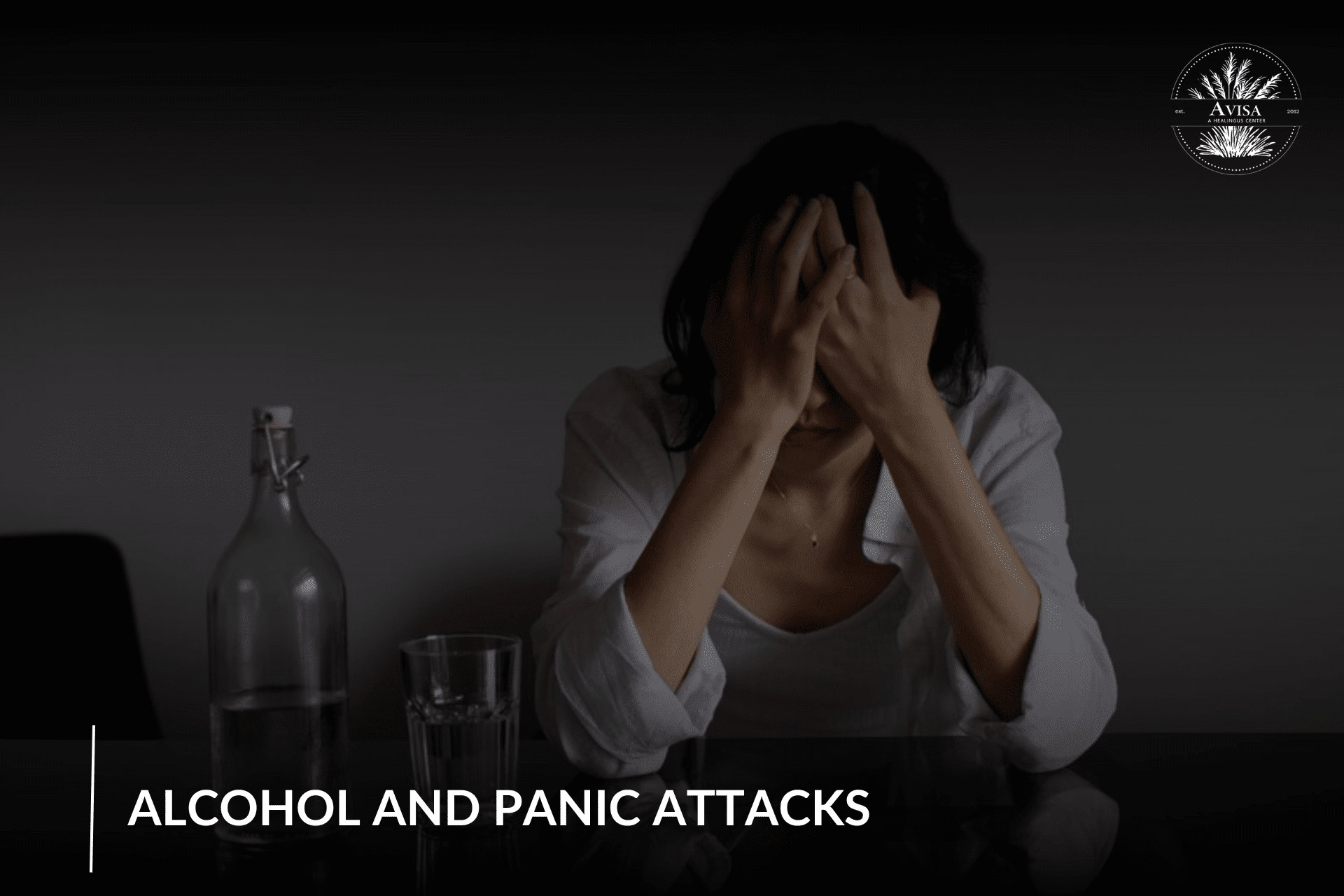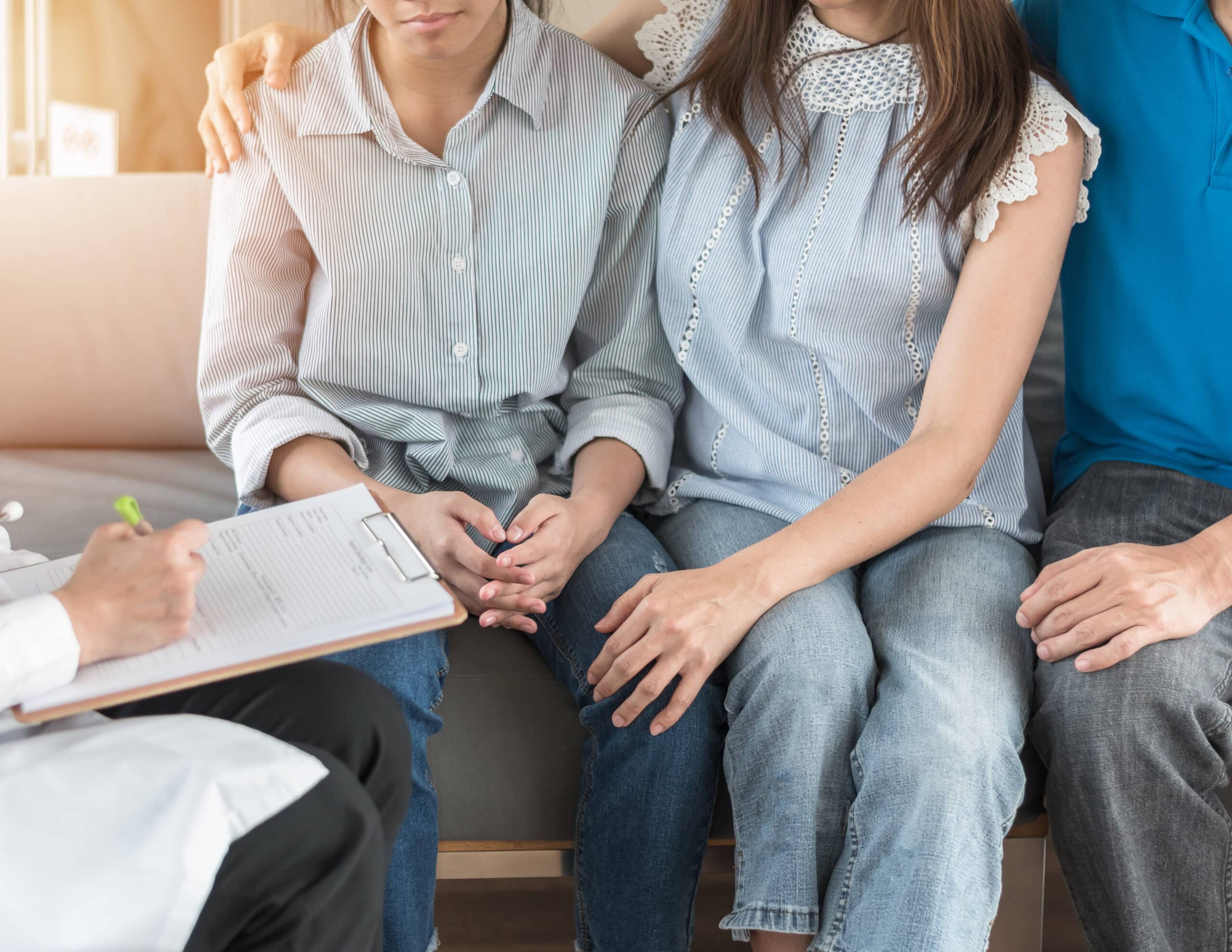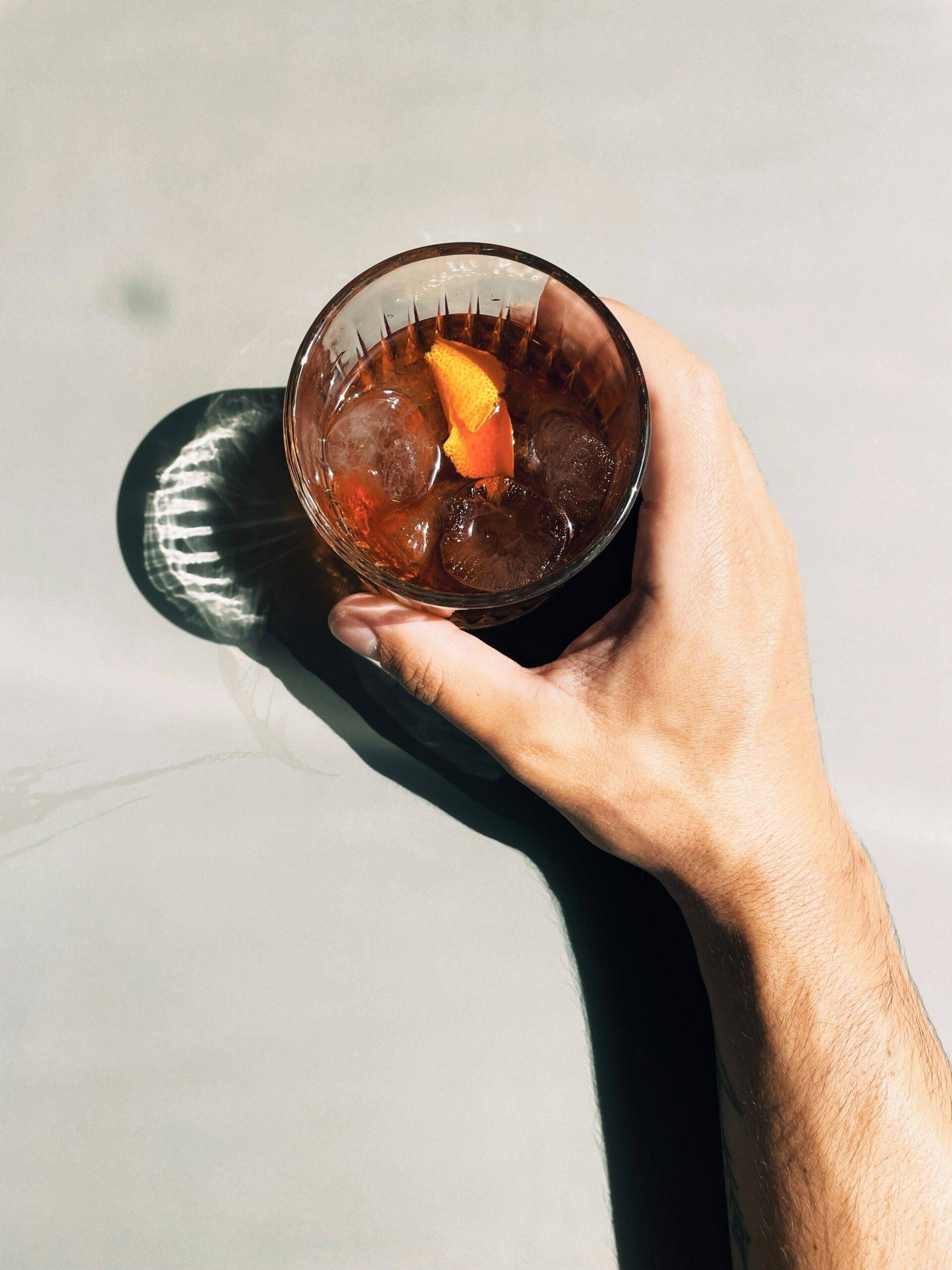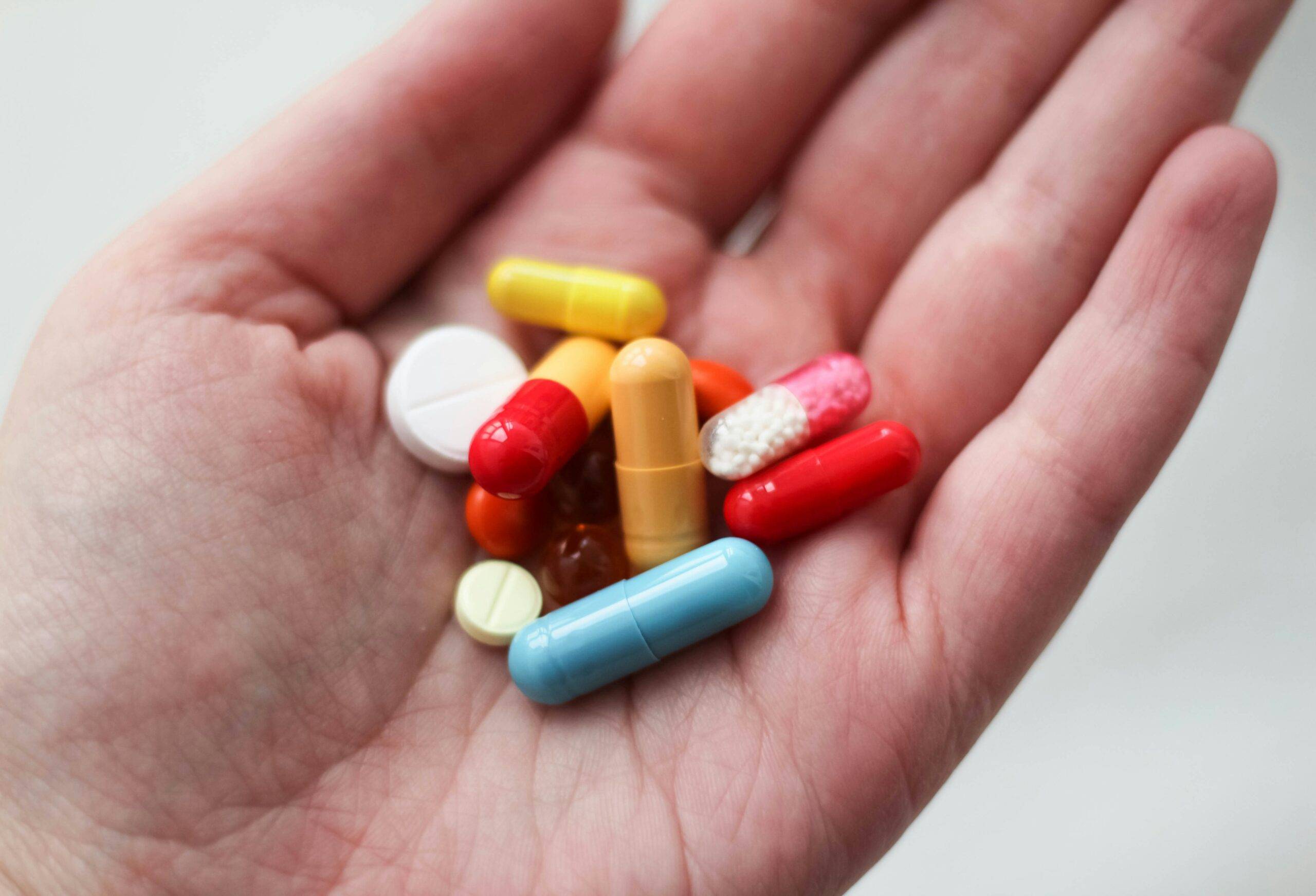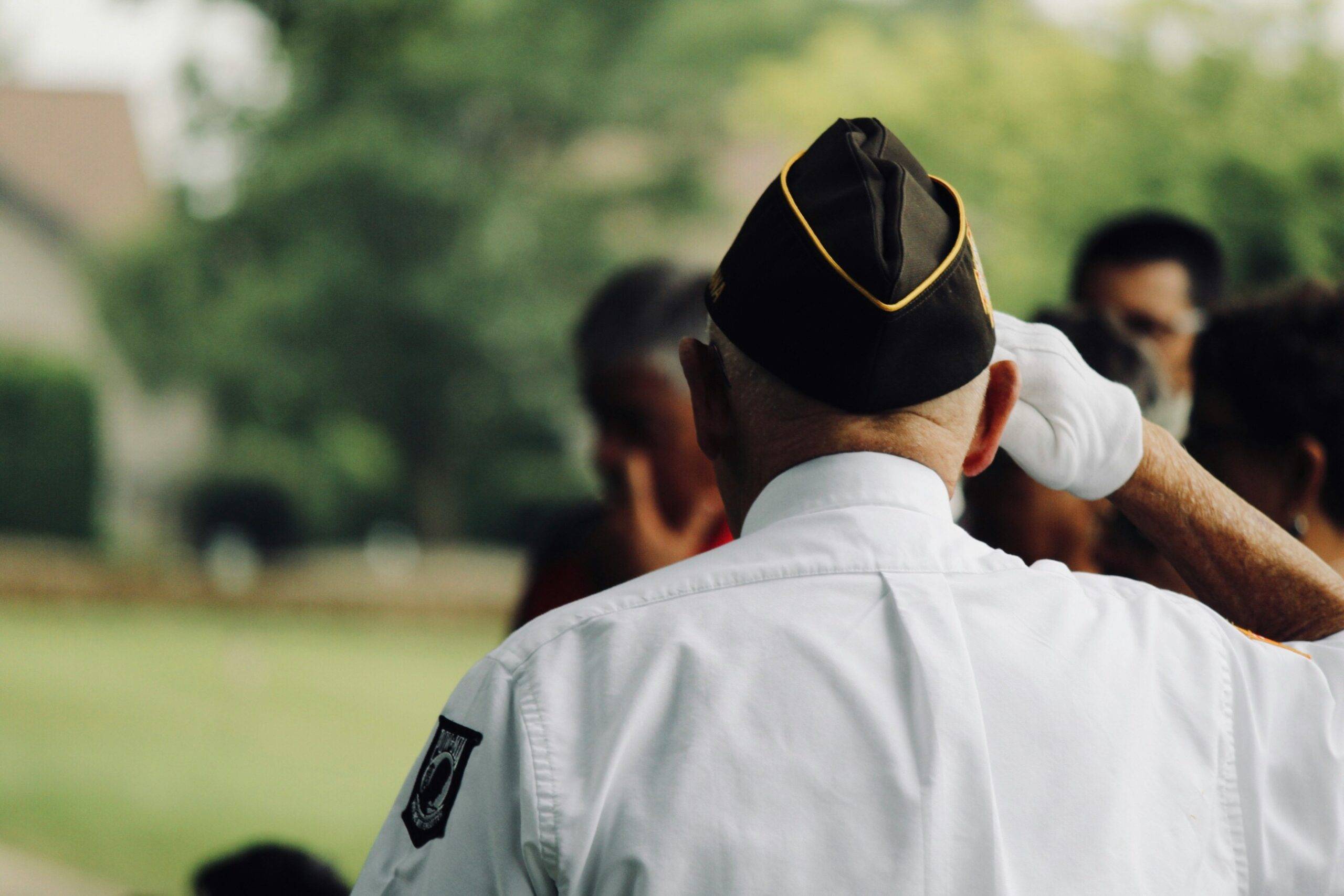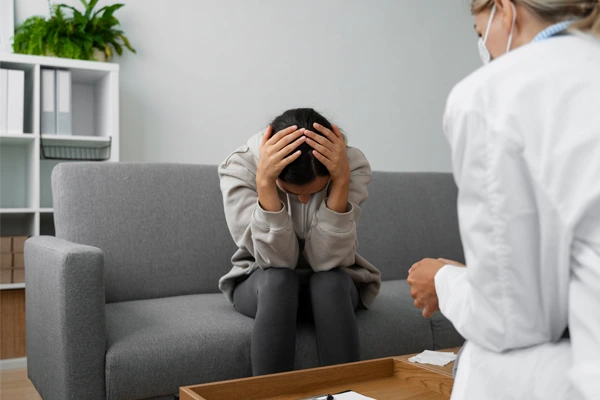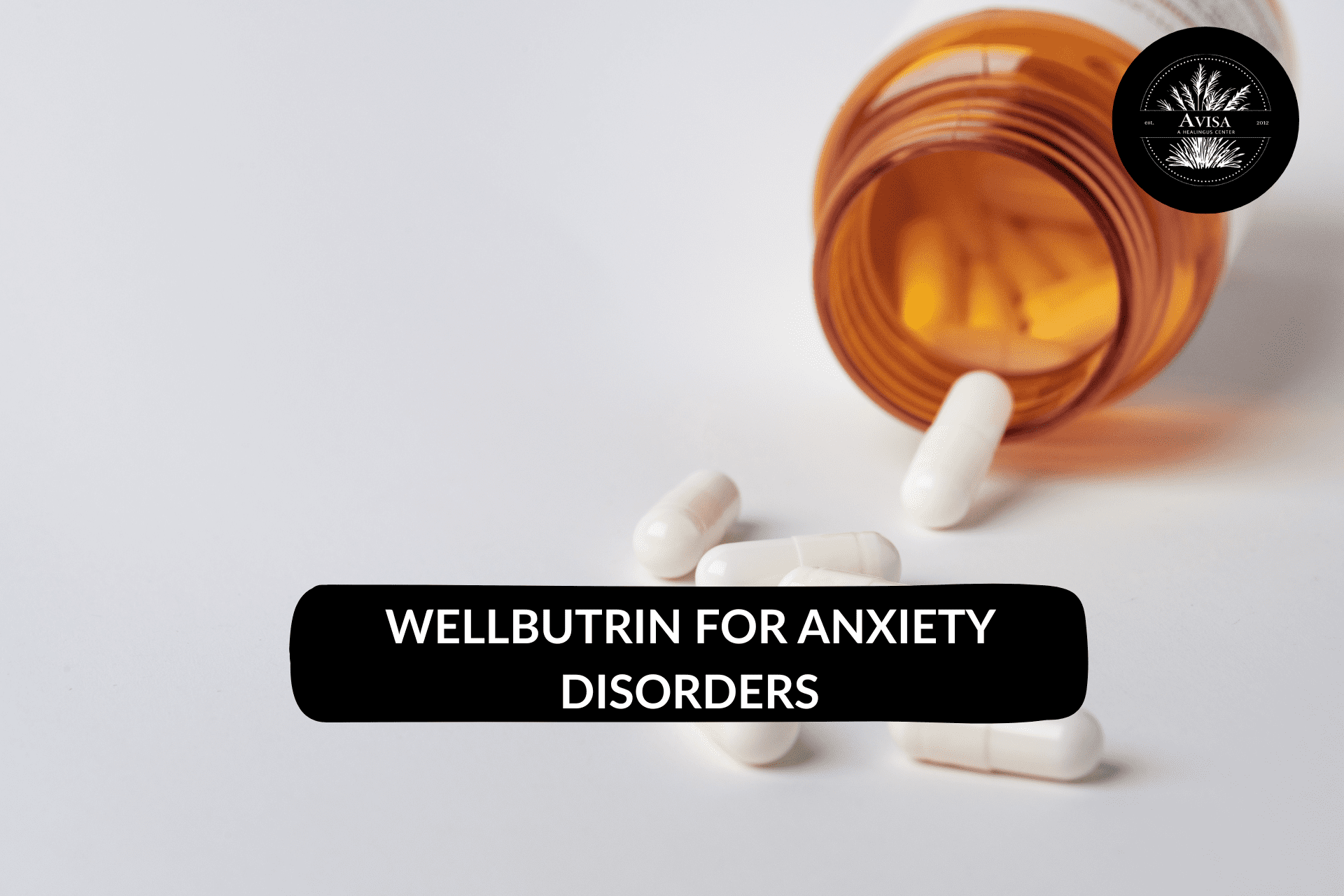Alcohol and panic attacks often intertwine. Feeling flustered by panic attacks can lead to searching for quick relief, and for some, that relief comes in the form of alcohol. While it might feel like a momentary escape, this can create a tough cycle. Using alcohol as a coping mechanism can lead to deeper issues like dependency, making anxiety and panic attacks harder to control. It’s a tough situation. In fact, about 7.1 percent of Americans are dealing with this disorder.
In this article, we will discuss the connection between alcohol and panic attacks, why this loop happens, and how you can reduce the risk and get the best treatments possible in New Jersey.
Its Sad But True that Alcohol is a Weak Match for Pannic Attacks!
Understanding Panic Attacks
Panic disorder is a mental health condition characterized by sudden, unexpected episodes of intense fear or discomfort, often without an obvious trigger. These episodes, called panic attacks, can cause overwhelming physical and emotional symptoms such as a racing heart, shortness of breath, dizziness, or a sense of impending doom.
Unlike typical anxiety, which is a natural response to stress, panic disorder involves recurring attacks that can happen even when there’s no apparent reason or stressful situation. These frequent, unpredictable attacks can significantly impact daily life, making it difficult to function normally.
How Alcohol Can Trigger Panic Attacks
Panic attacks are intense, with symptoms like chest pain, breathlessness, a racing heart, nausea, or even a fear of dying. In those moments, reaching for alcohol might seem like a quick way to quiet your mind and ease the anxiety. Alcohol works as a depressant, which can initially calm your nervous system. However, as your body processes the alcohol, it can disrupt brain chemistry, often leading to increased anxiety and even worsening the intensity of panic attacks. Here are the alcohol and panic attacks impacts:
Next-Day Jitters
Alcohol disrupts serotonin levels and brain chemicals, often leading to anxiety, jitteriness, or even panic the day after drinking.
Hangover Anxiety
Symptoms like nausea, dizziness, and headaches from hangovers often come with feelings of nervousness or unease.
Mild Withdrawal
Even small amounts of alcohol trigger a detox process in your body, affecting your central nervous system and causing anxious feelings.
Sleep Disturbances
Alcohol disrupts REM sleep and leaves you feeling unrested, leading to irritability and nervousness the next day.
Mineral Imbalance
Alcohol depletes key nutrients like folic acid, which may contribute to mood swings and anxiety.
Unhealthy Pairings
Alcohol often leads to poor food choices, creating physical discomfort that can mimic anxiety symptoms.
Dehydration
Alcohol’s diuretic effect causes dehydration, which can heighten feelings of anxiety and nervousness.
Regret or Embarrassment
Alcohol lowers inhibitions, leading to actions or words you may regret, causing overthinking and anxiety the next day.
Alcohol Intolerance
Reactions like skin flushing or extreme fatigue could indicate an alcohol allergy, often accompanied by mood shifts and anxiety.
With the right support and strategies, you can break free from this cycle and find better ways to manage your anxiety.
Symptoms of Panic Attacks Induced by Alcohol
According to American Addiction Center, the following are the symptoms of panic attacks induced by Alcohol:
- Rapid heartbeat (palpitations)
- Shortness of breath
- Chest pain or discomfort
- Dizziness or lightheadedness
- Nausea or stomach upset
- Sweating or chills
- Shaking or trembling
- Fear of losing control or dying
- Tingling sensations (pins and needles)
- A sense of detachment or unreality
Why Alcohol Makes Panic Attacks Worse
Many people use alcohol to cope with anxiety, thinking it will help in stressful situations. While alcohol can calm anxiety temporarily, it only makes things worse in the long run.
Around 3.1% of people in the U.S. have generalized anxiety disorder, according to the Anxiety & Depression Association of America. Short-Term Relief, Long-Term Problems.
Alcohol is a sedative that can provide relief from stress and anxiety for a short time. However, once it leaves your system, your anxiety can return stronger than before, creating a cycle of dependence.
Withdrawal Symptoms
If you use alcohol often to cope, your body may become dependent on it. When you’re not drinking, you might experience withdrawal symptoms like:
- Faster heart rate
- Hallucinations
- Sweating and shaky hands
- Nausea
These symptoms can make your anxiety even worse, showing that alcohol is not a healthy solution for managing anxiety.
How to Reduce the Risk of Panic Attacks from Alcohol
To reduce the risk of panic attacks from alcohol:
- Limit how much you drink.
- Drink water between alcoholic beverages to stay hydrated.
- Avoid drinking on an empty stomach.
- Don’t drink late at night to prevent sleep disruption.
- Relax and breathe deeply if you feel anxious after drinking.
- Consider practicing mindfulness, meditation, or yoga to manage anxiety.
- Try engaging in regular physical activity like walking or jogging to reduce stress.
- Reach out to a mental health professional for support and guidance.
When to Seek Professional Help for Panic Attacks Related to Alcohol
If you’re struggling with both anxiety and alcohol use, it’s important to seek professional help. Here’s what to do:
1. Talk to your doctor
The first step is to get a thorough evaluation from your primary care doctor or a mental health professional. They can assess both your anxiety and alcohol use and refer you to the right treatment.
2. Get integrated treatment
Treating both anxiety and addiction together is the most effective approach. This treatment can include therapy and medications customized to your needs.
3. Consider Effective Therapies:
-
Cognitive-behavioral therapy (CBT):
Helps change unhealthy thoughts and behaviors linked to anxiety and alcohol use.
-
Dialectical-behavior therapy (DBT):
Teaches skills to manage negative thoughts and behaviors.
4. Choose inpatient or outpatient care.
Treatment can be done in a hospital or at home, depending on your needs, and may include detox to start the process.
Getting professional help for alcohol and panic attacks is the best way to take control of your health and start your recovery.
How Can Avisa Recovery Help With Alcohol and Panic Attacks?
We understand that the cycle of alcohol use and panic attacks can be incredibly tough. As a leading rehab center in New Jersey, we’ve been supporting individuals through this journey since 2012. We’ve helped over 20,000 families heal from various disorders, and we’re ready to help you, too.
Our specialized treatment programs focus on addressing both alcohol use and panic disorder. We offer emotional support, build self-awareness, and work with you to identify and challenge negative thought patterns. Through our comprehensive approach, we teach you effective coping strategies and ways to regain control of your life, all while focusing on recovery and positive mental health.
We’re here to help you regain your peace of mind and live a healthier, more balanced life.
Tired of fighting addiction and mental health struggles?
Ignoring both deepens the struggle. Our holistic approach—detox, therapy, and medication-assisted treatment—can help you heal. Take the first step today.
FAQs: Alcohol and Panic Attacks
Q: Can I Safely Drink Alcohol if I Have a History of Panic Attacks?
A: It’s not safe to drink alcohol with a history of panic attacks, as it can trigger or worsen anxiety and make panic attacks more likely. It’s best to avoid or limit alcohol.
Q: How long does anxiety last after stopping alcohol?
A: Anxiety after stopping alcohol can vary. For some, it might last for a few days or weeks, while for others, it may take months for anxiety symptoms to improve. This is because alcohol withdrawal affects the brain’s chemical balance, and it takes time for the body to return to normal.
Q: Will my panic attacks go away if I stop drinking?
A: Stopping alcohol can help reduce panic attacks, but withdrawal may initially make them worse. Alcohol can trigger panic attacks, and quitting may take time for your body to heal, especially if you have a history of heavy drinking.
Q: How do you recover from alcohol anxiety?
A: To recover from alcohol anxiety, practice mindfulness, take over-the-counter pain relief for physical symptoms, and be gentle with yourself. Avoid overthinking and focus on calming your mind through meditation and slow breathing.
Q: Is panic disorder curable?
A: Panic disorder can’t be fully cured, but it can be managed with therapy and medication. Many people find relief and live well with proper treatment.


